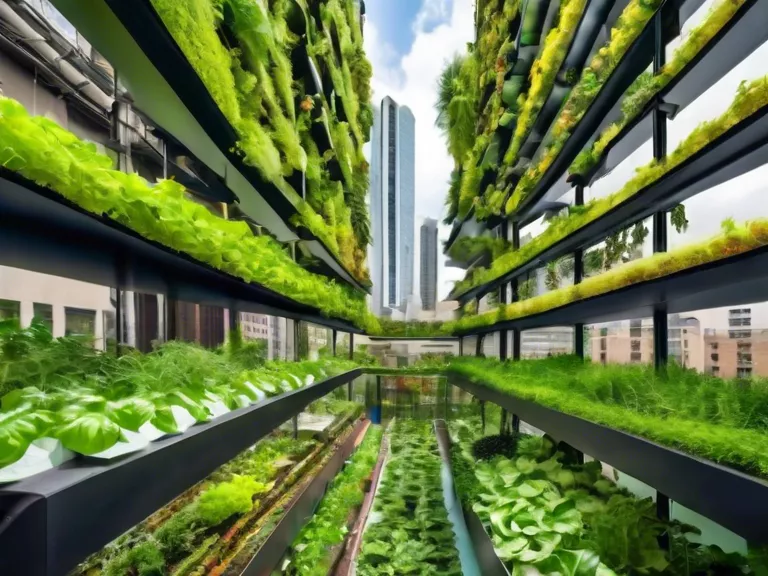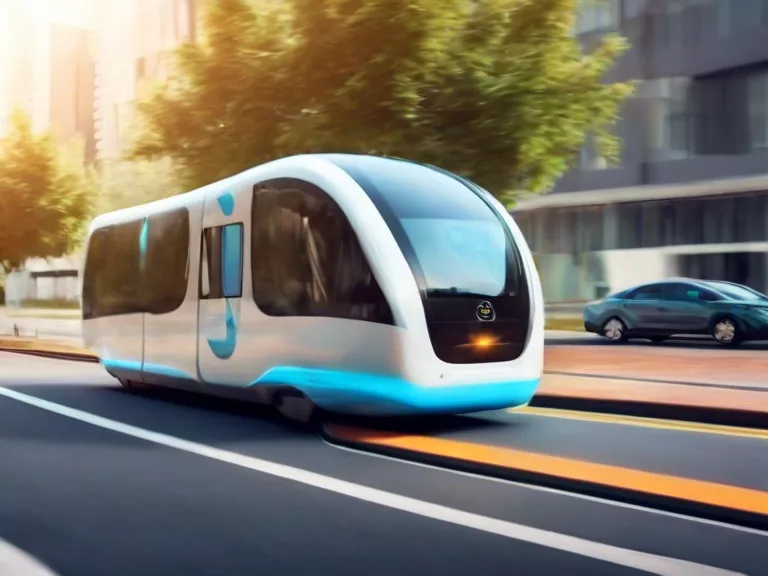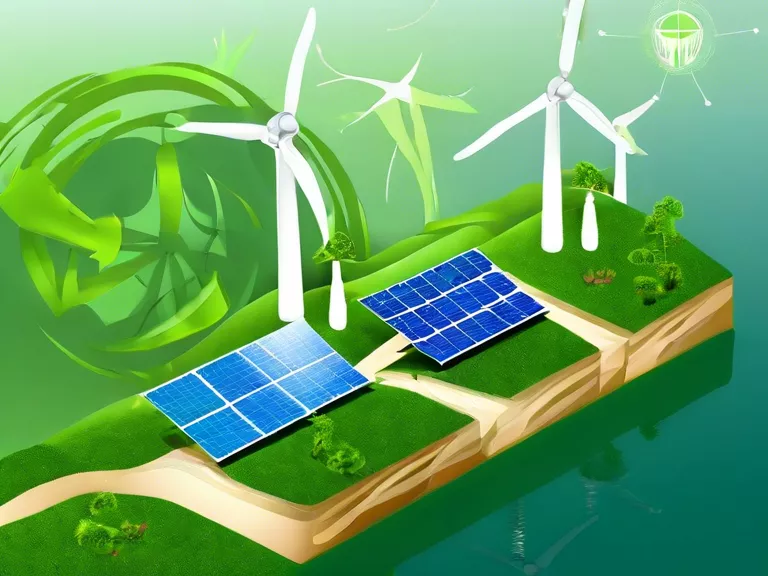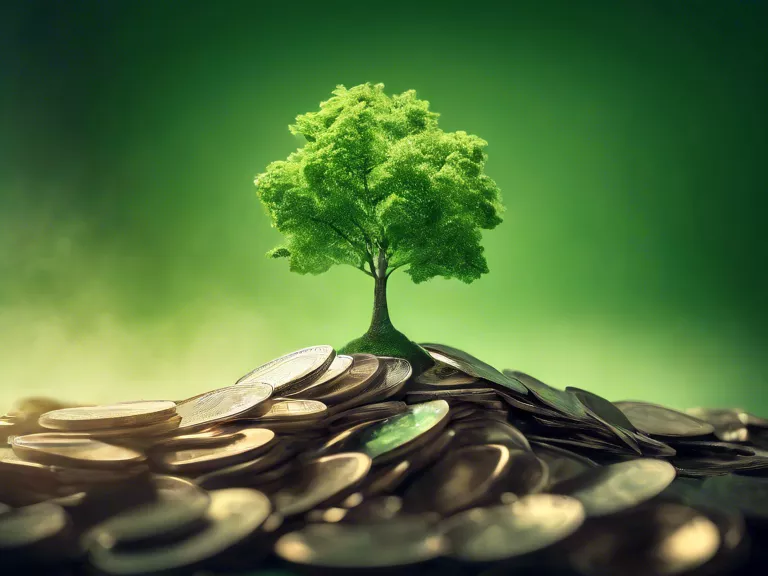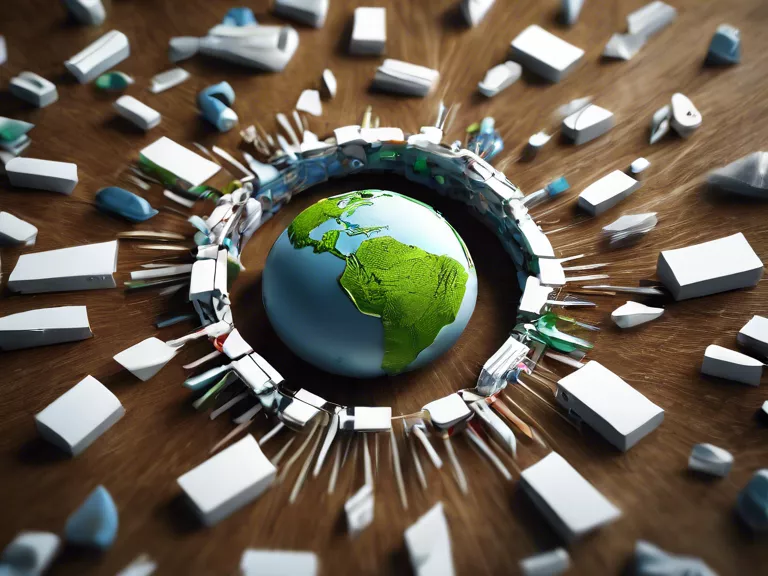
The Circular Economy: Future Trends in Reducing Waste and Maximizing Resources
In recent years, there has been a growing global awareness of the need to shift towards a more sustainable model of consumption and production. This has led to the rise of the circular economy, a concept that aims to reduce waste and maximize the use of resources by keeping products and materials in use for as long as possible.
One of the key principles of the circular economy is the idea of designing out waste and pollution, which involves rethinking the way products are made and used. This includes designing products that are easy to repair, reuse, and recycle, as well as using renewable materials and reducing the use of harmful chemicals.
Another important aspect of the circular economy is the concept of extending the lifespan of products through practices such as refurbishment, remanufacturing, and sharing platforms. By prolonging the life of products, we can reduce the need for new resources and minimize the environmental impact of production and disposal.
In addition to these principles, the circular economy also emphasizes the importance of shifting from a linear "take-make-dispose" model to a more circular approach where products and materials are kept in use for as long as possible. This involves creating closed-loop systems where resources are continuously reused and recycled, thereby reducing the need for new resources and minimizing waste.
As we look towards the future, there are several trends that are expected to shape the development of the circular economy. These include the rise of digital technologies that enable better tracking and management of resources, the growth of the sharing economy which promotes the sharing of products and services, and the increasing focus on sustainable and ethical sourcing of materials.
Overall, the circular economy offers a promising solution to the environmental challenges we face today. By adopting a more circular approach to production and consumption, we can reduce waste, conserve resources, and create a more sustainable future for generations to come.
